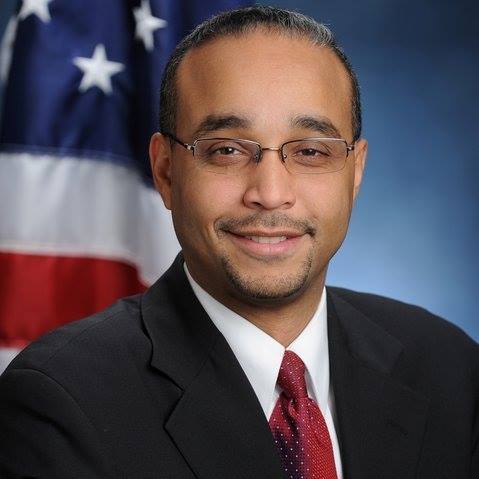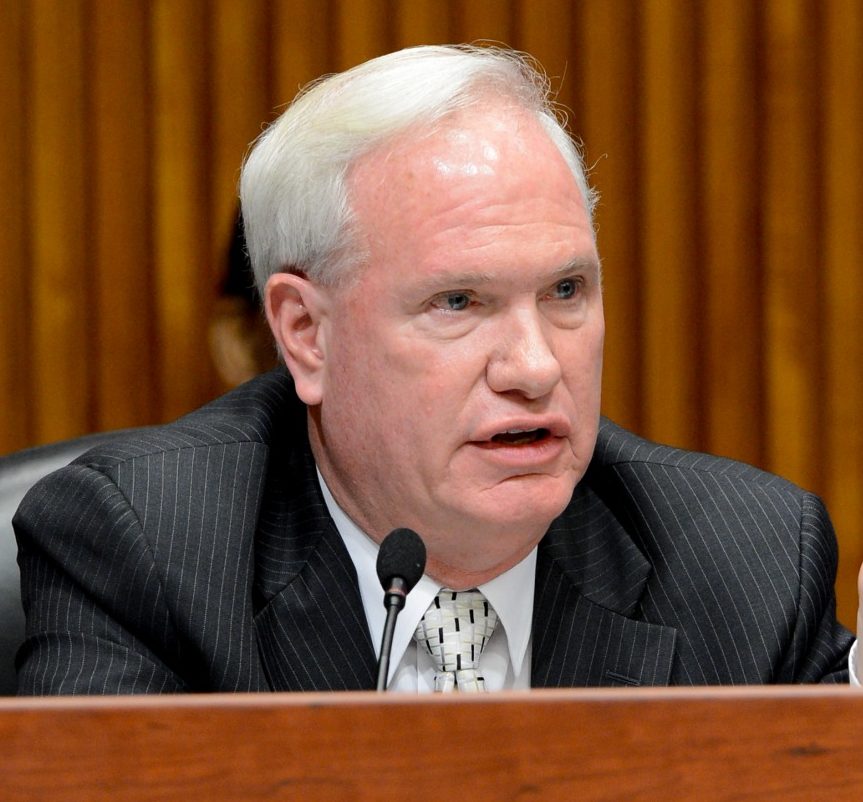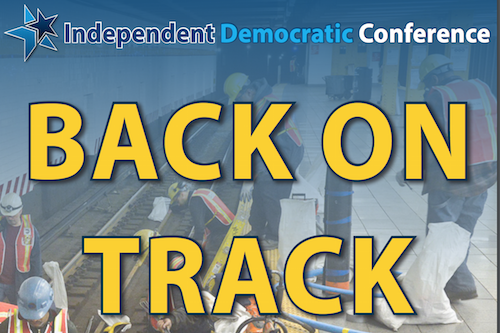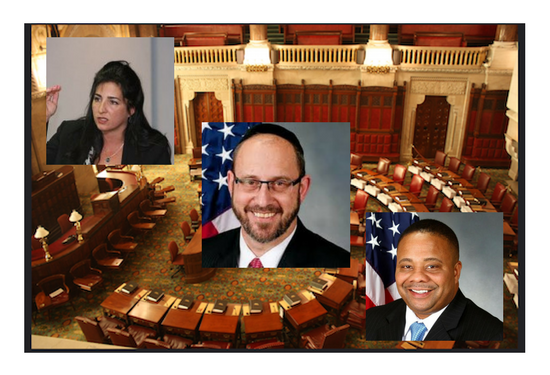State Senate Independent Democratic Conference (IDC) Chair Senator Jeff Klein (D-Bronx/Westchester) today introduced legislation to direct $428 million in New York City sales tax to fund its share of Phase 1 of the MTA’s Subway Action Plan.

The bill comes as Mayor Bill de Blasio has steadfastly said the city have to pitch in for any of the much-needed subway repairs and it is a state problem. The state has already committed to pitching in an equal $428 million to finance the critical plan.
The measure also comes on the heels of an IDC survey that found 75 percent of subway riders want the city to pitch in funds for MTA repairs.
“New York City straphangers have suffered enough delays and we cannot delay funding this project anymore. This shared financing immediately infuses the MTA with desperately needed cash to fix broken signals and tracks. The state already stepped up with its share, and the city, whose residents use the system daily, must share in the responsibility for maintaining it. If New York City riders think the ‘summer of hell’ was bad, we’re going to have every season of hell if we don’t take imminent action,” said Klein.
The city collects over $7 billion dollars in sales tax annually through purchases like prepared food, clothing over $110, parking, electronics and beauty services. The city also ended the last fiscal year with a $4 billion surplus.
The legislation captures an infinitesimal six percent of city sales tax, for a one-time need, in order to make desperate repairs to a degraded subway system that serves its residents and businesses.
The Transit Workers Union also backed the IDC proposal.
“New York City subway riders need an immediate solution to the financing gap that exists. The proposed legislative solution by Senator Klein and the members of the IDC conference is a rational and sensible solution to the MTA’s shortfall, and should be adopted,” said TWU Local 100 President Tony Utano.
Phase 1 of the MTA’s Subway Action Plan includes repairs to 1,300 broken signals, which are often a cause for delay. The agency would use this funding to address serious track issues, and dedicate additional workers and increased emergency response teams for repairs. Triple-time welding work on rails, with increased track welding capacity, is also included in the first leg of the plan.
The legislation captures an infinitesimal six percent of city sales tax, for a one-time need, in order to make desperate repairs to a degraded subway system that serves its residents and businesses.
The Transit Workers Union also backed the IDC proposal.
“New York City subway riders need an immediate solution to the financing gap that exists. The proposed legislative solution by Senator Klein and the members of the IDC conference is a rational and sensible solution to the MTA’s shortfall, and should be adopted,” said TWU Local 100 President Tony Utano.


Phase 1 of the MTA’s Subway Action Plan includes repairs to 1,300 broken signals, which are often a cause for delay. The agency would use this funding to address serious track issues, and dedicate additional workers and increased emergency response teams for repairs. Triple-time welding work on rails, with increased track welding capacity, is also included in the first leg of the plan.
“Clearly, the City’s subway system remains in the 20th Century. It needs both, short and long term solutions to its problems. Subway riders deserve and expect a reliable system. And as we look for permanent funding for our transit system, a shared financing system is a logical step to prevent not just summers of hell, but years of chaos. It is crucial we invest a portion of the city sales tax to modernize the subway and give straphangers a system they can count on,” said State Sen. Jose Peralta (D-Corona, East Elmhurst, Elmhurst, Jackson Heights, Woodside).
“Anyone who has been an MTA customer in the five boroughs over the last few years can tell you that our City’s subway system is crumbling. We need to fully fund repairs immediately before the problems get worse. We need the City of New York to match the State’s $428 million dollar funding commitment in order to provide much needed relief for New York City residents and business owners,” said State Sen. Tony Avella (D-College Point, Whitestone, Bayside, Flushing, Jamaica Estates, Fresh Meadows, Bellerose, Floral Park, Jamaica, Douglaston, Little Neck, Auburndale, Kissena Park, Briarwood).










